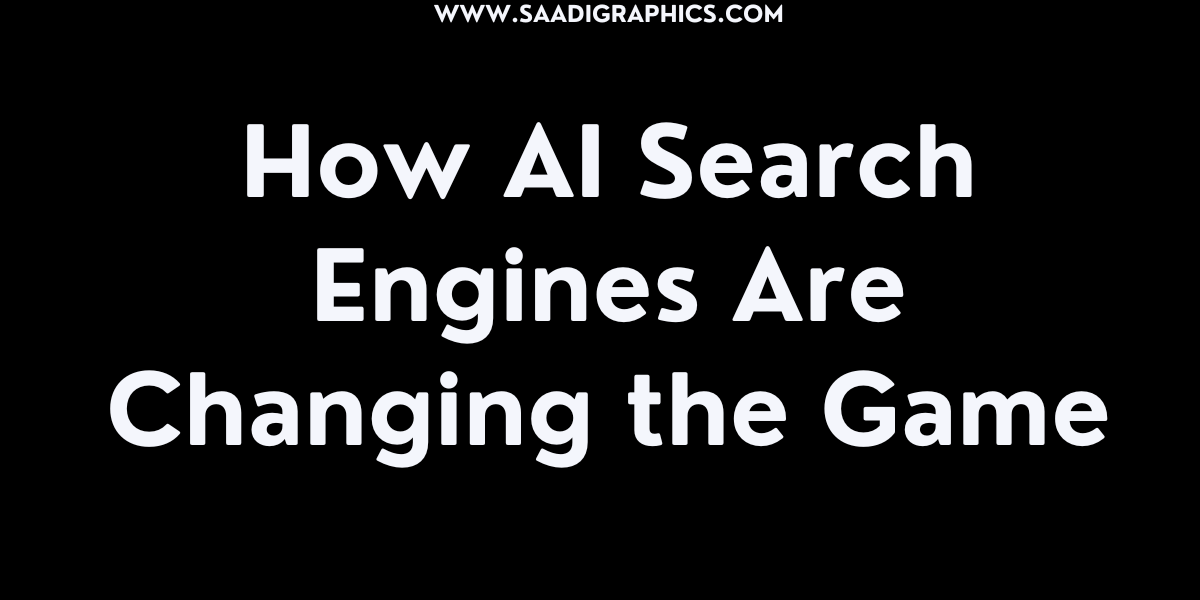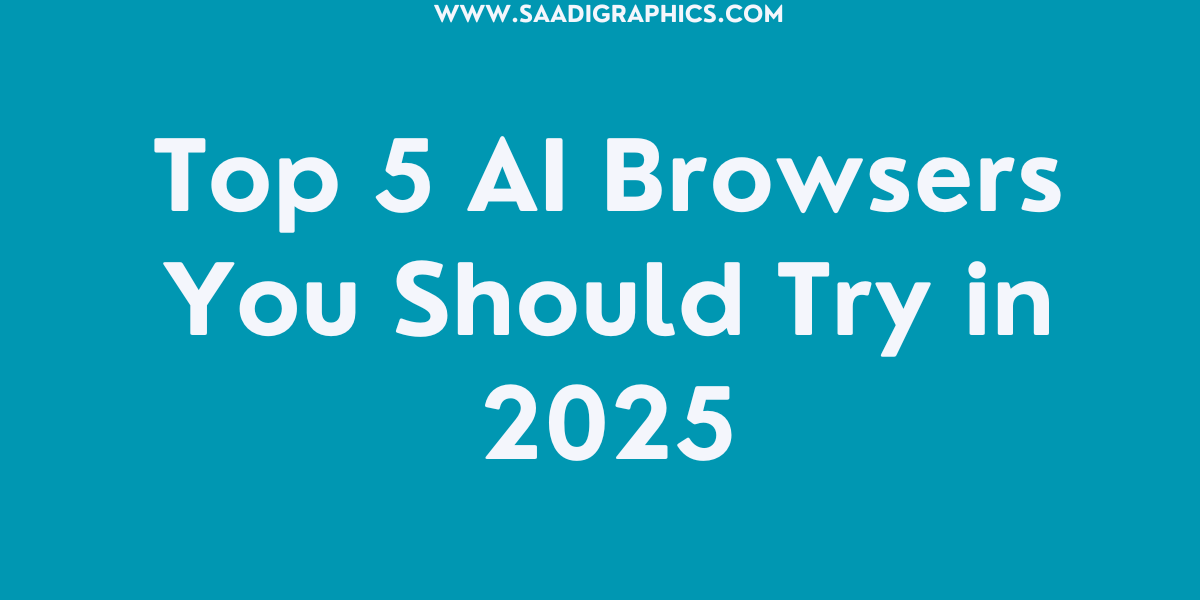The web is transforming from a tool we use into one that gets us. And central to this change are AI Web Agents — sophisticated digital bodies that watch, learn, and change to our web habits. They’re not the next tech fad; they’re the quiet partners behind how we search, buy, and work online.
In 2025, our online lives are growing increasingly personalized, streamlined, and predictive. But how do AI Web Agents learn your ways, and what does this portend for the future of digital communication? Let’s see the intriguing inner workings of these self-improving systems.

Understanding AI Web Agents
Before we explore how they learn, let’s first see what exactly AI Web Agents are. Simply put, they are smart programs that can be used to automate online activity and make surfing more intelligent. Rather than you having to click through several pages, these agents look at your habits and do things for you — from suggesting content to handling emails, aggregating news, or even shopping online.
But it’s their ability to evolve that really makes AI Web Agents stand out. They don’t simply obey pre-coded instructions; they learn about your online behaviors and refine their knowledge of what you desire.
How AI Web Agents Learn
The charm of AI Web Agents is that they learn without being told. They draw on multiple layers of artificial intelligence — machine learning and natural language processing to behavioral analytics. Here’s how:
Behavior Monitoring: Every click, scroll, and search is a story. AI Web Agents understand how you engage with websites — the stories you read, the products you look at, and how much time you spend on each page. These behaviors enable them to create a digital fingerprint that is yours alone.
Preference Mapping: Gradually, the agent starts mapping your preferences. For example, if you usually hear about technology and entrepreneurship, it will begin giving priority to related content in your recommendations.
Context Awareness: AI Web Agents don’t learn only what you do — they also learn why you do it. They apply contextual information such as location, device type, and time of day to better understand your intent. If you are searching for recipes at night, it knows that you’re probably planning dinner, not a cooking class.
Feedback Loops: Learning never ceases. Each time you interact with or disregard a recommendation, the agent employs that feedback to alter upcoming suggestions. The more you interact, the better the system becomes.
Through this ongoing loop, AI Web Agents provide a browsing experience that is less automated and more intuitive.
The Science of Habit Formation
Humans are habitual creatures — and that’s what AI Web Agents capitalize on. Through powerful algorithms, they scan for repetition and anticipate future behavior based on past experience.
For instance, if you monitor stock market news daily, the agent can begin showing live graphs on your home page. If you often make trips, it can automatically fetch airfare offers and visa details. Gradually, the agent starts reflecting your online persona, predicting what you will require before you even need to ask.
This is facilitated by reinforcement learning, a field of AI by which systems learn through reward-based feedback. When an agent gets it right — such as when it shows you a relevant article — it reinforces that action. When it gets it wrong, it refines its reasoning.
Personalization Meets Automation
The true strength of AI Web Agents is not automation per se — it’s personal automation. Unlike script-following bots, these agents build personalized processes. They have knowledge of what notifications are important to you, which emails to ignore, and which tasks to prioritize.
This profound personalization has changed the online environment for users and companies alike. For users, it is about less noise and more relevance. For companies, it creates new opportunities for interaction, with AI Web Agents facilitating the delivery of content to the targeted audience in a more personalized manner.
Picture logging in to your browser and having everything that is important to you already there waiting for you — news summations, task reminders, tailored insights. That’s the type of ease AI Web Agents are introducing on the contemporary web.
Privacy and Ethical Learning
As great as this tech may seem, the question that oftentimes arises is how much do these agents actually know about us? Data privacy is an important issue to worry about, particularly when systems learn constantly from users’ behavior.
Luckily, later generations of AI Web Agents are constructed with privacy-first designs. They generally learn locally, so your information never gets sent away from your device. Instead of keeping huge personal histories on cloud servers, they inspect behavior in real time without sacrificing security.
Some programs even permit users to take direct control of what information is gathered and how it’s being utilized. This openness guarantees that personalization is ethical, safe, and user-controlled — not intrusive.

How Businesses Benefit from AI Web Agents
While consumers benefit from smarter surfing, companies also stand to profit from this clever technology. AI Web Agents allow companies to gain insight into consumer activity on a more profound level, enabling them to provide exactly what consumers demand.
For instance:
E-commerce sites can provide personalized product recommendations.
News sites can suggest material that is more likely to hold readers’ interest.
Customer service systems can employ AI agents to anticipate and fix issues quicker.
Through the use of insights from AI Web Agents’ data, companies can improve efficiency, lower costs, and enhance customer satisfaction — all while generating seamless digital experiences.
The Future of Intelligent Browsing
The internet of the future will be characterized by intelligence and autonomy. As AI Web Agents advance, they’ll shift from being assistants to collaborators — systems that not only take your orders but comprehend your long-term objectives.
In the near future, your browser could act as a project manager, researcher, or even strategist, automating complex online tasks with minimal input. Imagine telling your agent, “Find the best remote jobs for AI developers,” and receiving a curated list of verified openings within seconds. That’s the direction we’re heading.
The human-AI Web Agent relation will continue to become even stronger with time as technology evolves to be more intuitive and adaptive. Rather than technology being learned by humans, now technology is learning to assist humans.
Conclusion
The emergence of AI Web Agents represents a watershed in how we interact with the web. Learning our routines, interests, and objectives, such systems turn surfing not only faster but also smarter. They fill the gap between automation and customization and provide us with digital experiences that are effortless and distinctly our own.
As privacy controls become stronger and the ethics of AI mature, AI Web Agents will increasingly determine the next generation of digital communication — one in which your browser not only obeys your instructions but also gets your intentions.
The web is no longer about finding information. It’s about being heard. And with AI Web Agents, that hearing is becoming sharper by the day.




